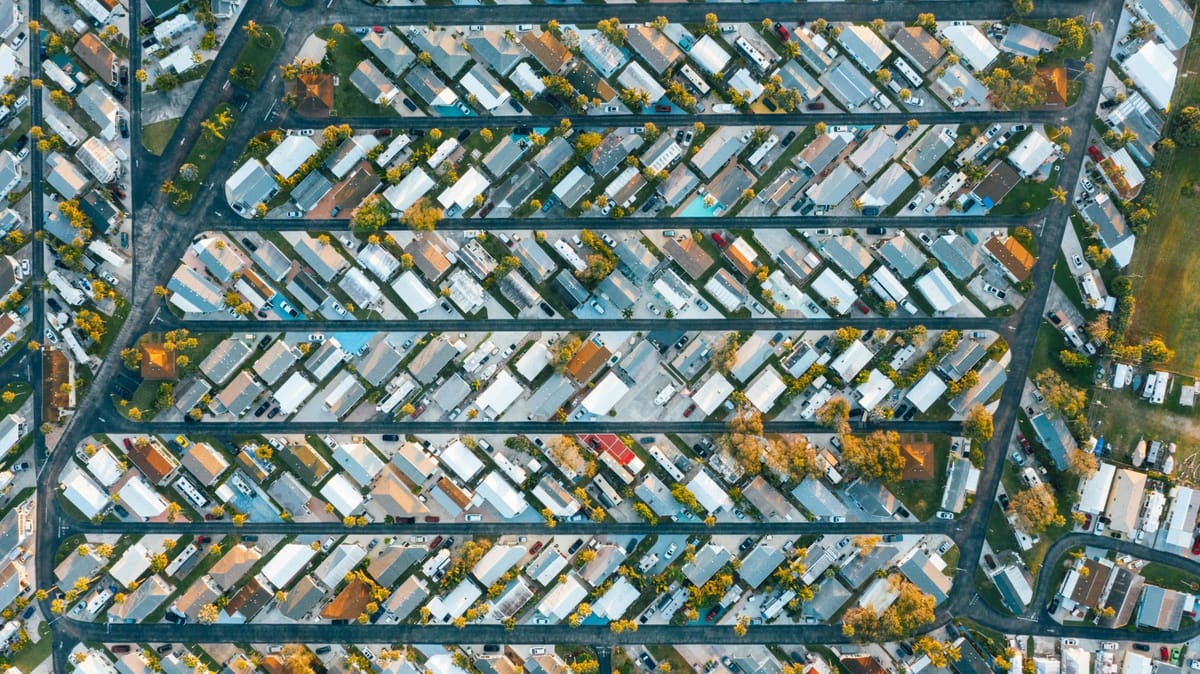What Does the MBTA Communities Law Mean for Burlington?
How will Burlington change as a result of this new law?


There has been much conversation both online and off about the “new” MBTA Communities law that was passed by the Baker administration in 2021. You can read the full text of the law here, but the summary as it relates to Burlington is this: The state is requiring communities to have a certain amount of land that is zoned for multifamily residential “as of right,” meaning there’s no special permitting required.
To comply with this law, Burlington needs to have 50 acres (with at least one contiguous 25-acre parcel and additional parcels of five acres or more) that is zoned to allow multifamily housing by right and can accommodate 15 units per acre. Unlike some communities, and contrary to what was previously believed, there is no requirement for the multi-family housing zone to be within a certain proximity to public transportation. In other words, the zone can be in any geographic region that the town chooses, provided the Attorney General approves.
Planning Director, Liz Bonventre, has put together a working group of many different representatives to tackle the question of how Burlington will comply with this law, and they’ve come up with a proposed MBTA Communities Multi-Family Overlay District. The district would include several land parcels that already contain multifamily housing at or above the prescribed density of 15 units per acre. One such parcel is the site of Beacon Village, which is 38 acres and thus will meet the 25-contiguous-acre requirement. The overlay would also incorporate the parcel where Staples currently is (not the entire plaza—just the Staples building) and the parcels behind it on Middlesex Turnpike—the only part of the overlay that doesn’t currently contain multifamily housing. See the full proposed overlay district on the map here.
This move to include the Staples parcel in the overlay was done to demonstrate to the state that the town is willing to comply with the spirit of the law, which is to add multifamily housing. If this entire parcel were to be built out at a density of 15 units per acre, there would be about 120 new multifamily units available.
It would be difficult to build multifamily units on this parcel, however, due to the topography of the area and the fact that the parcels have multiple owners. But, the law currently doesn’t require that the housing be built—just that the zoning is in place.
Of course, some have wondered if the next step for the state will be to require the housing to be built. Planning Board Member Joe Impemba doesn’t believe the law will “pass muster” at the Supreme Court, and some community members want to wait and see how some other Massachusetts communities fare in court against the state—or for Burlington to join into a suit against the state—before doing anything here. Planning Board Chair, Barbara L’Heureux, sees things differently.
“This is a law,” she stated at the February 15 Planning Board Meeting. “It is not optional. For the town to decide not to comply [with] the law is basically deciding to break the law.” She went further to say that if other cities and towns want to battle it out with the state, Burlington can watch how the court rules—but compliance is such a low lift for Burlington that it would be easier and more cost-effective to create the overlay and then dissolve it if the law is overturned.
And if the proposal goes through as it currently stands, the vast majority of housing in Burlington will not change at all. A few areas that already have 15 or more units per acre of multifamily housing will now be allowed that use by right, with no expectation and a low potential likelihood for a change to the property. Another area that is in a business district will be zoned for multifamily housing, which may or may not be built in the future.
Compliance is required by December, and non-compliance would result in the town not receiving MassWorks grant money, which it has used for some essential infrastructure projects including the MWRA connection that delivers much of our drinking water, as well as funding from 15 additional discretionary state funding sources, according to Abundant Housing Massachusetts. Attorney General Andrea Campbell has also issued an advisory stating that noncompliant communities will be subject to “civil enforcement action.”
This proposal is not final, and whatever final proposal the town does come up with must go to the state for a review and then be approved by the attorney general. For more information about the MBTA Communities Law and the work the town of Burlington has done to raise awareness and ensure compliance, see the Planning Department’s Website




